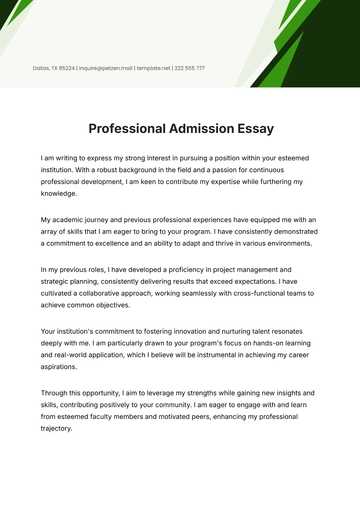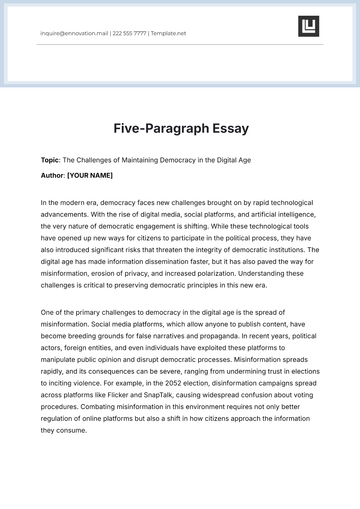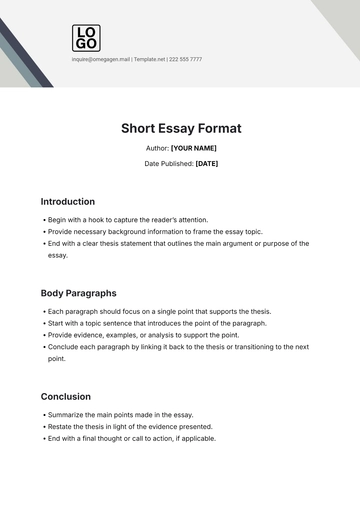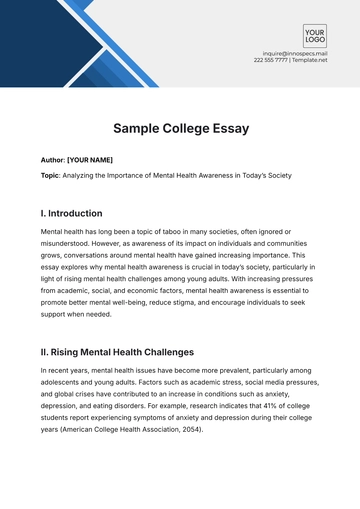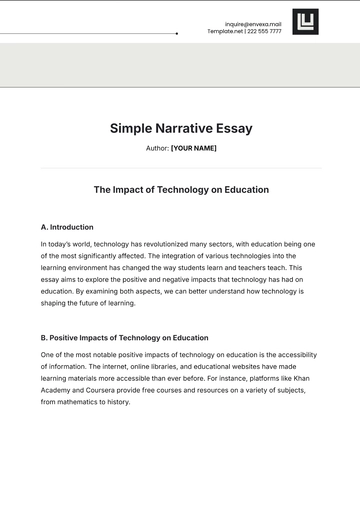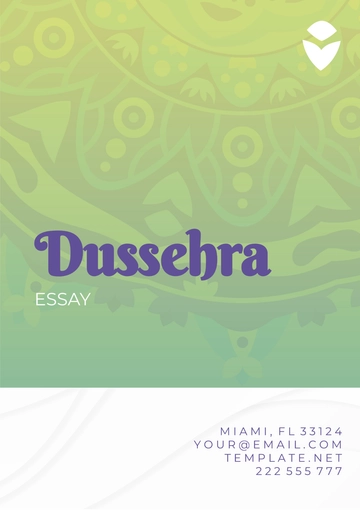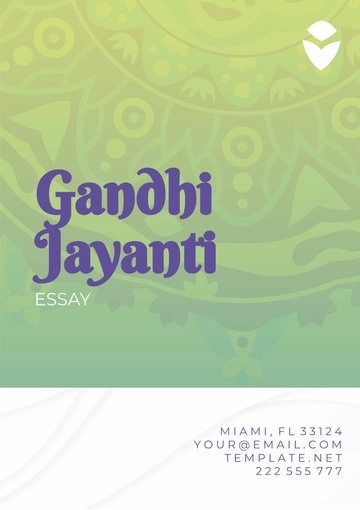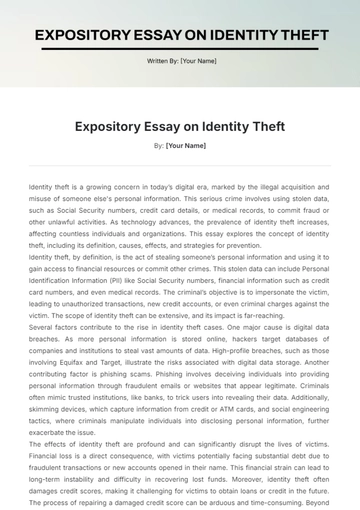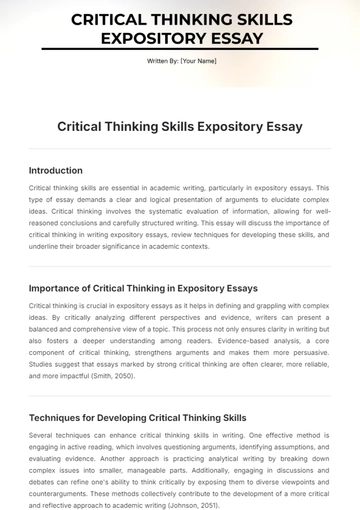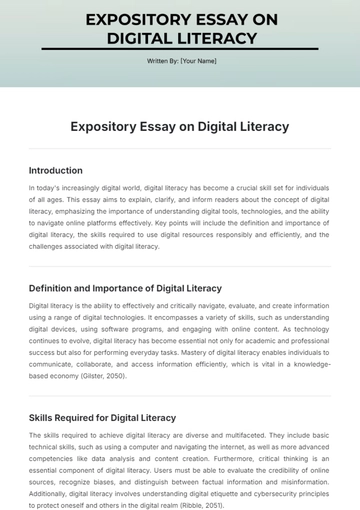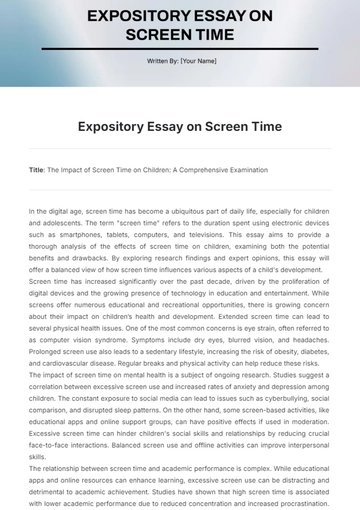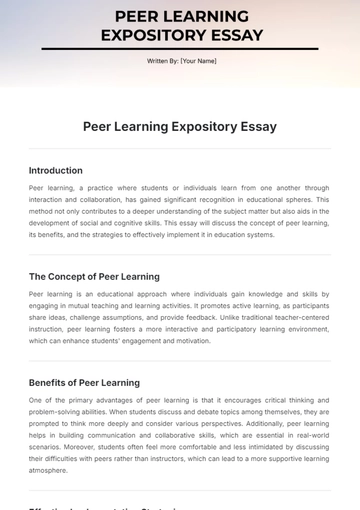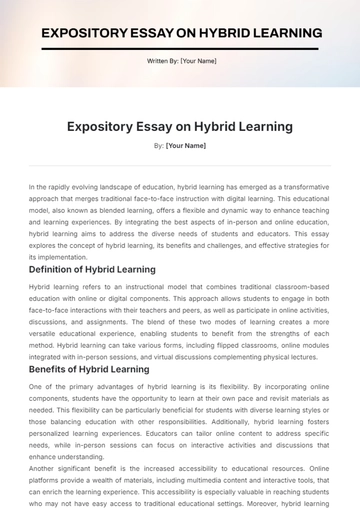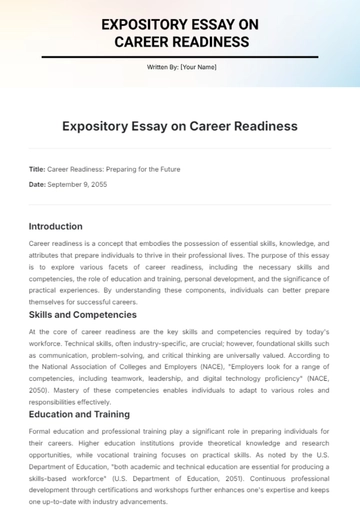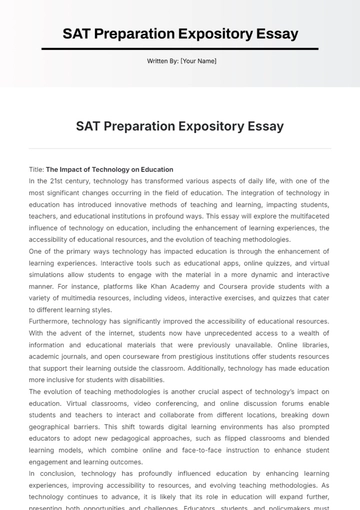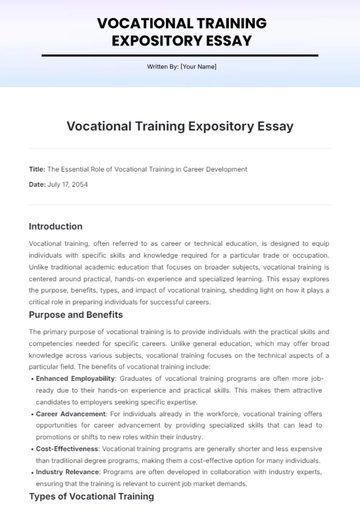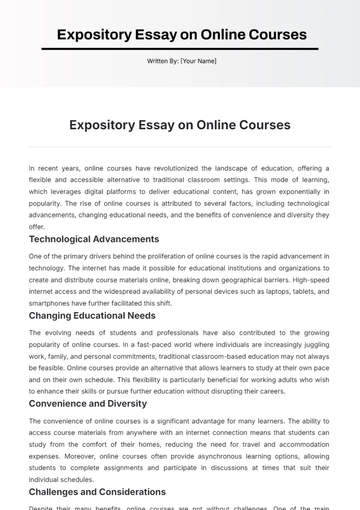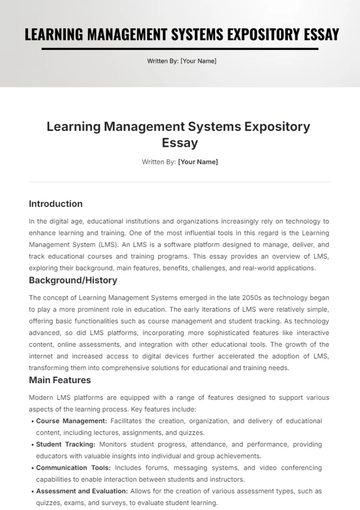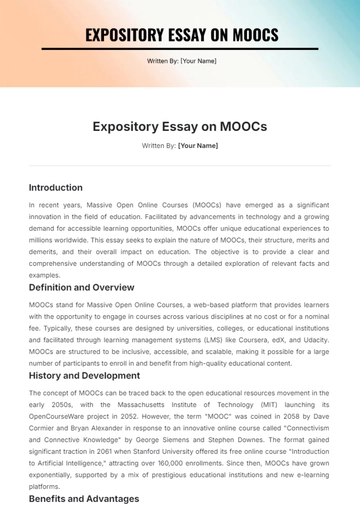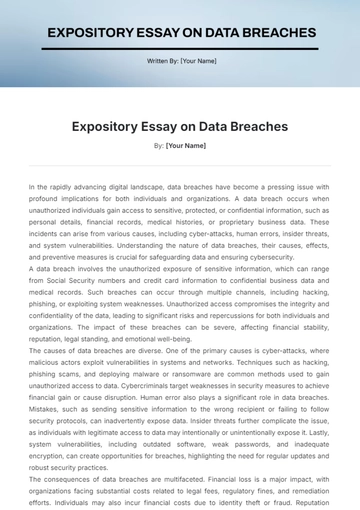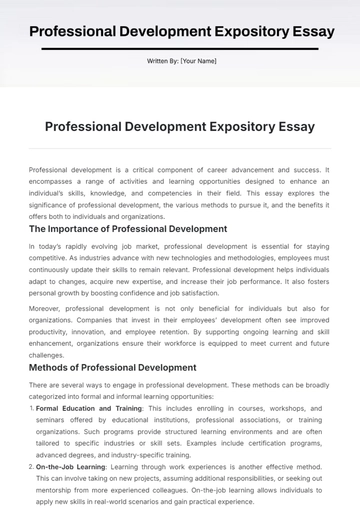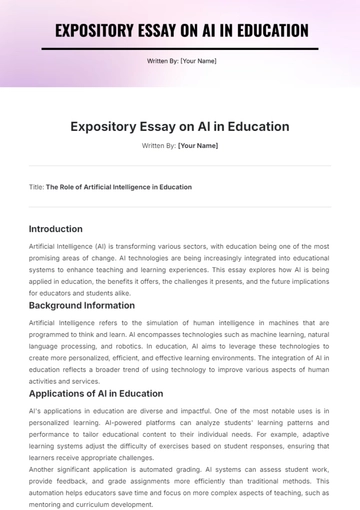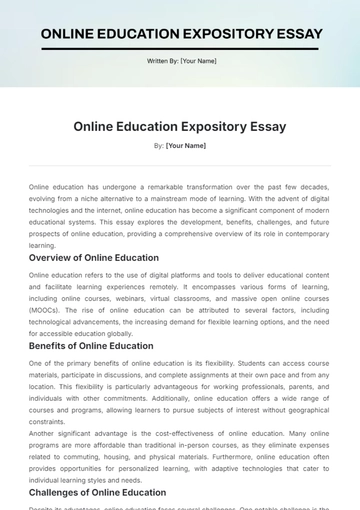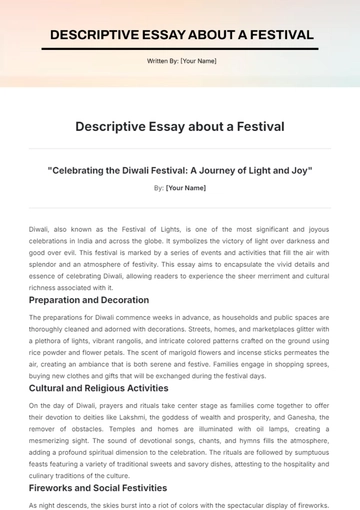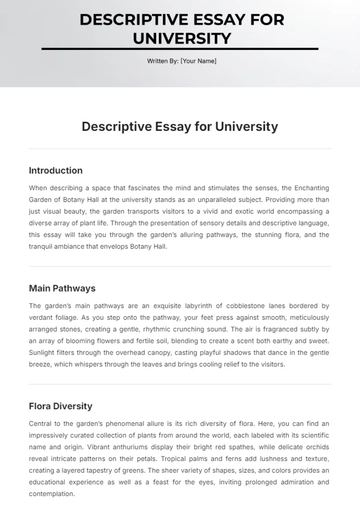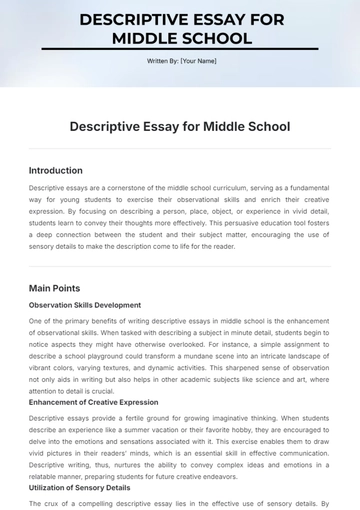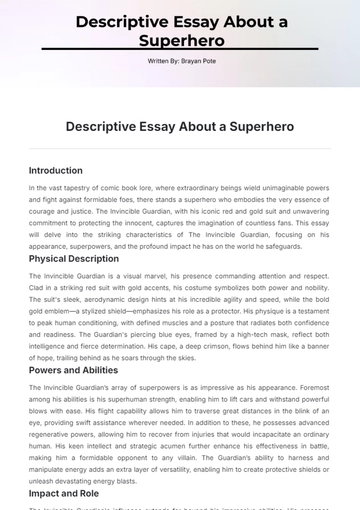Free Gandhi Jayanti Essay
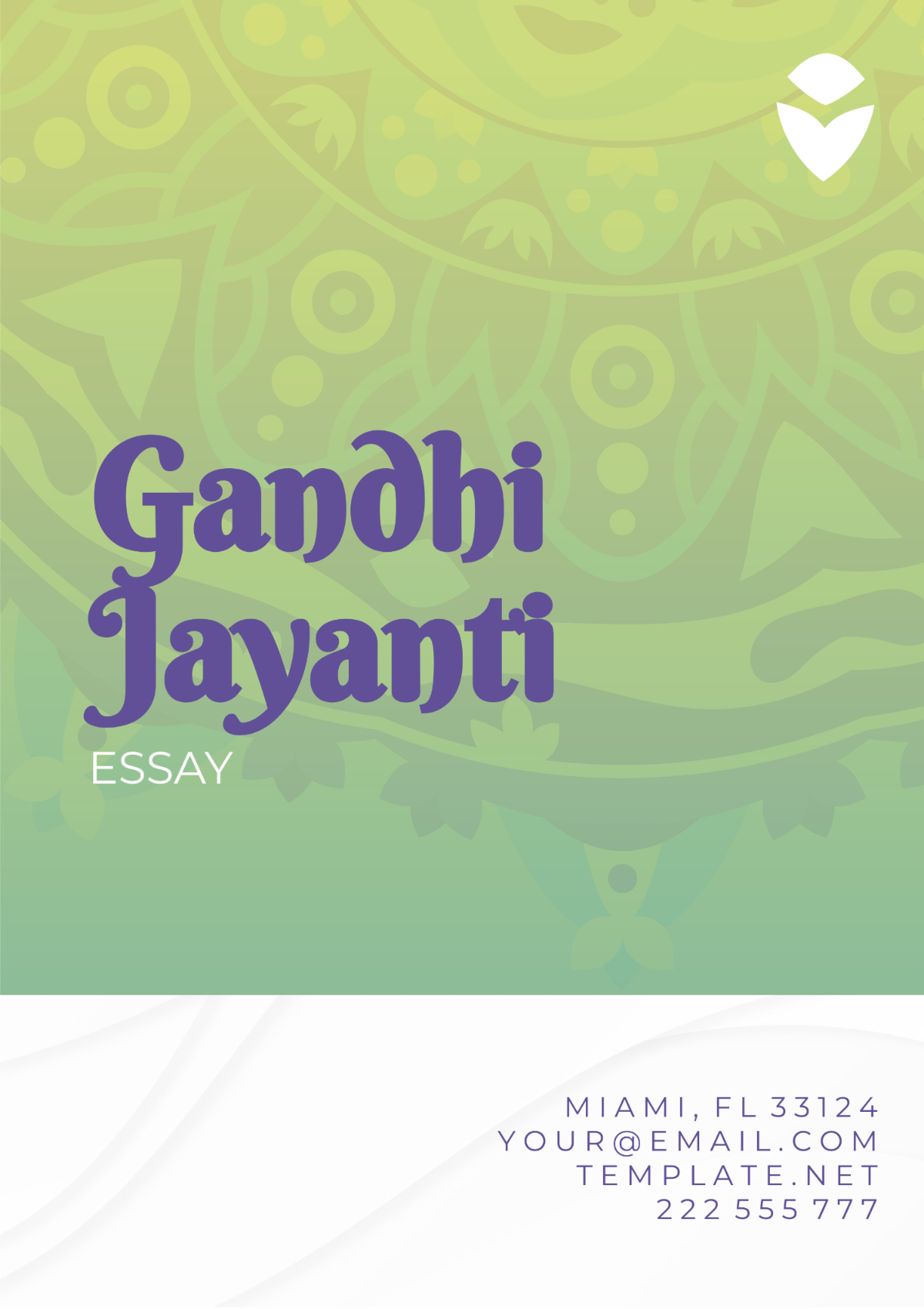
Gandhi Jayanti, celebrated annually on October 2nd, marks the birth anniversary of Mohandas Karamchand Gandhi, affectionately known as Mahatma Gandhi. This day is more than just a commemoration of a historical figure; it is a reflection on the timeless values of truth, non-violence, and justice that Gandhi embodied throughout his life. As the leader of India’s non-violent struggle for independence, Gandhi’s legacy continues to inspire movements for peace and civil rights across the globe.
Early Life and Education
Mahatma Gandhi was born in 1869 in Porbandar, a small coastal town in Gujarat, India. Raised in a devout Hindu family, he was profoundly influenced by his mother, who instilled in him values of compassion, tolerance, and moral discipline. At the age of 19, Gandhi traveled to London to study law. While in England, he encountered diverse religious and philosophical ideas, including Christianity, Theosophy, and Jainism. This exposure profoundly shaped his evolving worldview, particularly his emphasis on non-violence (ahimsa) and truth (satya), which became the cornerstones of his philosophy.
The South African Experience
After completing his education, Gandhi moved to South Africa in 1893 to practice law. It was there that he faced the harsh realities of racial discrimination and colonial oppression. This experience was a turning point in his life, awakening his political consciousness and commitment to fight injustice. He led the Indian community in South Africa in a series of non-violent protests against discriminatory laws, introducing the world to Satyagraha—a philosophy of non-violent resistance grounded in the power of truth and moral righteousness. This period of activism in South Africa prepared Gandhi for his larger role in the fight for India’s independence.
Role in India’s Independence Movement
In 1915, Gandhi returned to India and soon emerged as the leader of the Indian National Congress, spearheading the country’s fight for freedom from British rule. Unlike other freedom fighters who advocated for violent means to end colonialism, Gandhi firmly believed that non-violence was the most powerful weapon. His methods of civil disobedience and non-cooperation campaigns, such as the Non-Cooperation Movement in 1920 and the iconic Salt March in 1930, galvanized millions of Indians to join the independence struggle.
The Salt March, or the Dandi March, was one of the most notable acts of civil disobedience led by Gandhi. In protest of the British monopoly on salt production, Gandhi embarked on a 240-mile march to the Arabian Sea, where he symbolically made salt from seawater. This simple yet defiant act ignited a wave of protests across the country, uniting Indians from all walks of life against colonial oppression.
Gandhi’s Philosophy: Non-Violence and Truth
At the heart of Gandhi’s life and work was his unwavering commitment to the principles of Ahimsa (non-violence) and Satya (truth). Gandhi believed that non-violence was not just a tactic to be employed in certain circumstances but a way of life, a moral principle that should guide all human actions. For Gandhi, truth was not just about being factually correct; it was about aligning one’s actions with ethical and moral righteousness. He famously said, "Truth is God."
Gandhi’s non-violent resistance was not passive; it was an active force for change that challenged the oppressor's authority without resorting to physical violence. He believed that by suffering willingly for a just cause, one could appeal to the oppressor’s conscience and achieve social and political change. His approach influenced many global figures, including Martin Luther King Jr., Nelson Mandela, and the Dalai Lama, who adopted non-violent resistance in their struggles for civil rights and freedom.
A Social Reformer
Beyond his role in India’s political liberation, Gandhi was also a committed social reformer. He campaigned for the eradication of untouchability, calling the oppressed class Harijans or "children of God." Gandhi believed in the equality of all people and worked tirelessly to bridge the social and religious divides that plagued Indian society. He also championed women’s rights, advocating for their participation in the freedom struggle and equal opportunities in education and employment.
Gandhi’s concept of Swaraj (self-rule) extended beyond political independence; it included economic self-reliance and social justice. He promoted the use of the charkha (spinning wheel) as a symbol of self-sufficiency, urging Indians to produce their own cloth instead of relying on British imports. For Gandhi, true independence meant economic empowerment for every individual, especially the poor and marginalized.
The Enduring Legacy of Gandhi
Mahatma Gandhi’s assassination on January 30, 1948, was a tragic loss, not just for India but for the world. Yet, his ideals and principles live on, inspiring movements for peace, justice, and human rights across the globe. In 2007, the United Nations declared October 2nd as the International Day of Non-Violence, in recognition of Gandhi’s lasting influence on global peace efforts.
In modern times, when the world is often torn apart by conflict, violence, and division, Gandhi’s message of peace, tolerance, and non-violence is more relevant than ever. His life serves as a reminder that true power lies not in brute force but in the moral courage to stand up for truth and justice. Gandhi’s vision of a just and equitable society, where individuals live in harmony with one another and with the environment, remains a guiding light for future generations.
Conclusion
Gandhi Jayanti is not just a celebration of Mahatma Gandhi’s birth but a reaffirmation of his principles. As we observe this day, we are reminded of the power of non-violence, the importance of truth, and the enduring impact of one man’s resolve to change the world through peaceful means. Gandhi’s legacy challenges us to look within ourselves and ask: how can we contribute to creating a more peaceful, just, and equitable world?
- 100% Customizable, free editor
- Access 1 Million+ Templates, photo’s & graphics
- Download or share as a template
- Click and replace photos, graphics, text, backgrounds
- Resize, crop, AI write & more
- Access advanced editor
Write a thoughtful essay on Mahatma Gandhi with our Gandhi Jayanti Essay Template from Template.net. This editable and customizable template provides a structured format to guide your writing. Editable in our AI Editor tool, it’s easy to adapt the content and structure to fit your essay’s focus, ensuring a polished and professional presentation.
